Women's Challenge donation a lifeline for GBV helpline
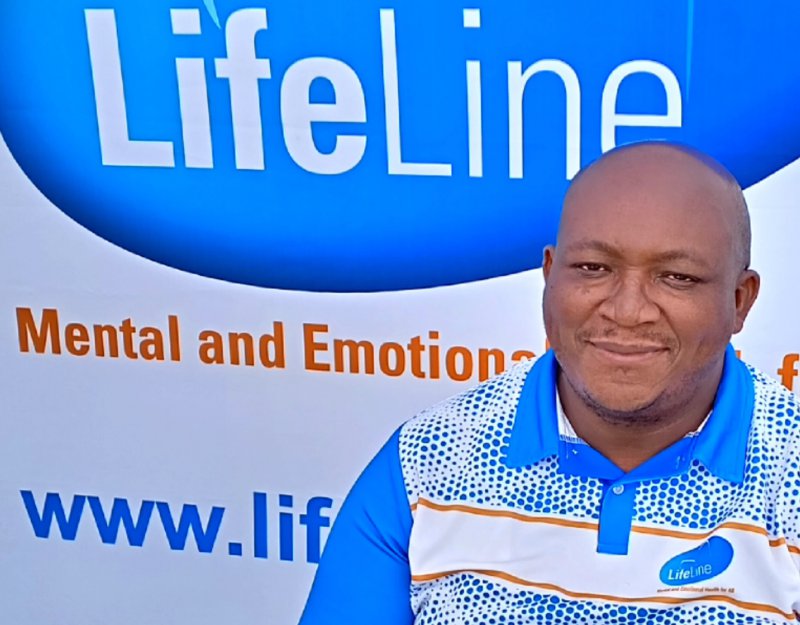
LifeLine SA community development supervisor Tommy Mokgotla attended the SPAR Women’s Challenge in Gqeberha to receive a cheque of R50 000 on behalf of the organisation.
LifeLine South Africa seeks to revive its presence in the Eastern Cape with proceeds from this year’s SPAR Women’s Challenge in Gqeberha.
Some 3 000 elite and social female runners descended on Pollok Beach for a day of fitness and festivity and LifeLine was one of two beneficiaries to win big.
The other was Radhiant, a mobile mammogram service.
Backing organisations that provide uplifting services to women in the province is an important element of the annual event known as Nelson Mandela Bay’s most beautiful road race.
LifeLine already enjoys a fruitful relationship with SPAR, as both are committed to fighting the scourge of gender-based violence blighting the nation.
The NPO, which was founded in Australia in 1963, opened its first South African centre in Cape Town five years later.
Over the decades, the 24-hour telephone counselling line has helped people battling personal difficulties countrywide.
“We are really excited about SPAR’s donation [of R50 000],” LifeLine community development supervisor Tommy Mokgotla said.
“We will use the money to buy promotional material as we do a lot of GBV campaigns.
“We are fast approaching 16 Days of Activism against Gender-based Violence and people should be reminded that our line is available to them.”
He said the ongoing partnership with the retailer, which also supports some 60 National Prosecuting Authority-led Thuthuzela centres that assist survivors of rape and other sex crimes, enabled the organisation to employ key personnel to serve those in need of professional help.
LifeLine’s provincial centre closed years ago but Mokgotla said the money from the SPAR Women’s Challenge had been the perfect platform to give the service a new lease on life.
“It will help grow our name again in the Eastern Cape,” he said.
The organisation currently operates three national call centres serving eight of South Africa’s nine provinces, including the Eastern Cape. Two of the helplines are free across all mobile networks.
The third is shared with several other helplines, including the Stop Gender Violence (SGV) support channel.
The latter, originally known as Stop Women Abuse, was renamed when statistics showed that almost 40 per cent of callers were male.
The call centre is also home to the Aids helpline, which provides confidential lay counselling, support and referral services, as well as the Treatment Line, where nurses skilled in Aids treatment and other life-ailment issues connect with callers.
The Nerve Centre, an initiative of the National Department of Health aimed at reaching all healthcare facilities nationally to check on pharmaceutical stockouts, and Mom Connect, which supports maternal health, also make use of the call centre.
Mokgotla said these lines were flooded by calls.
“With the decline in the economy, people are losing their jobs. Those who have been retrenched then become stressed.
“Some partners don’t know how to deal with emotional issues, so they end up using their fists.”
Author: Coetzee Gouws, Full Stop Communication


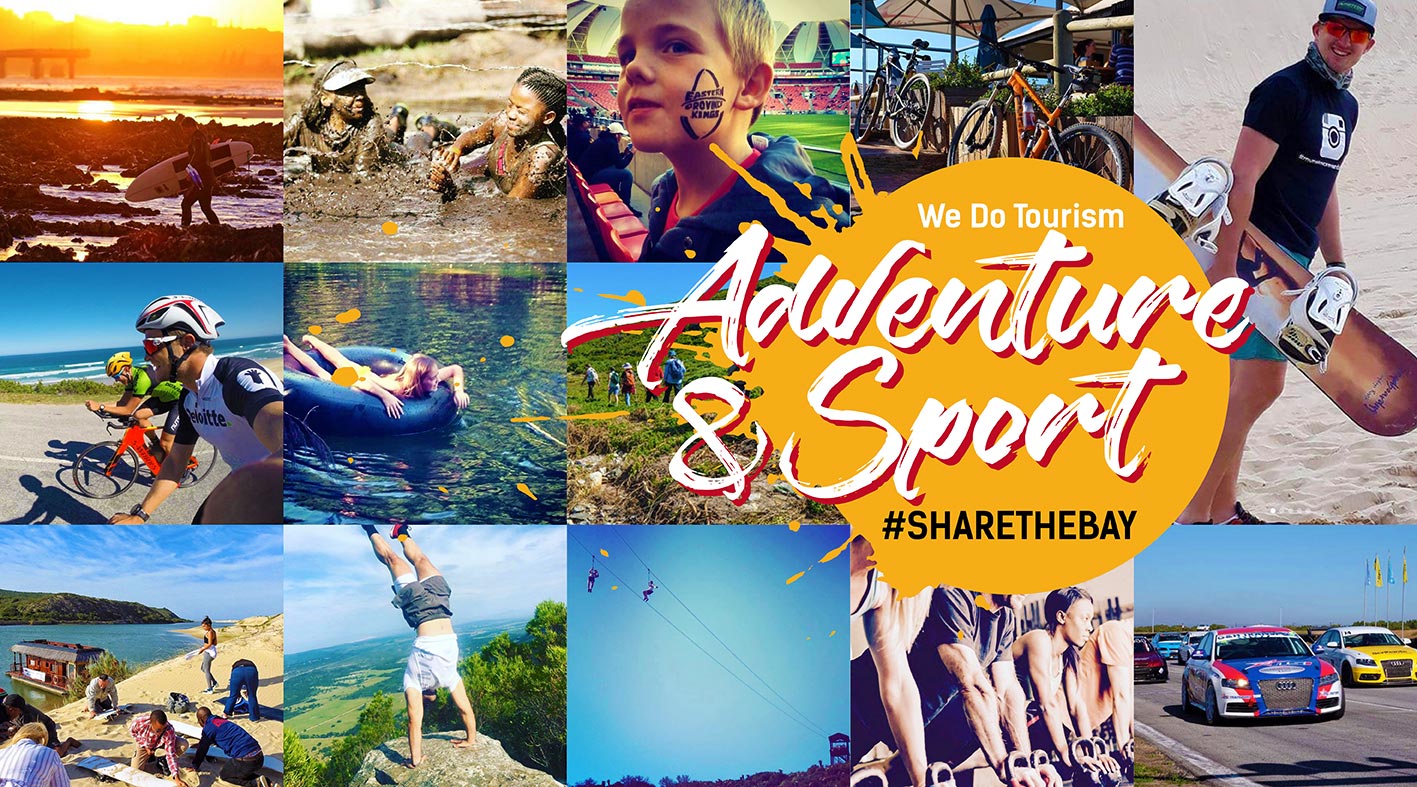
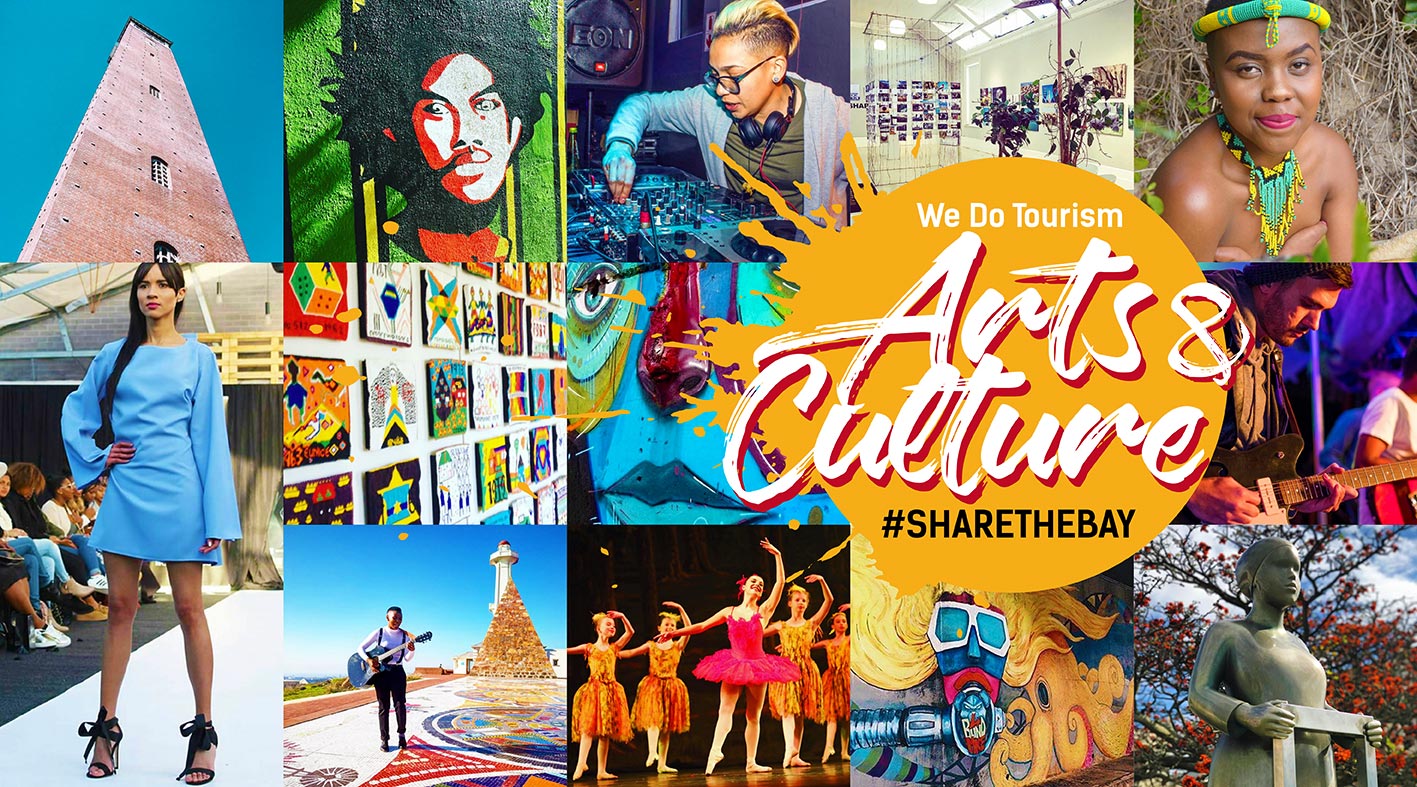
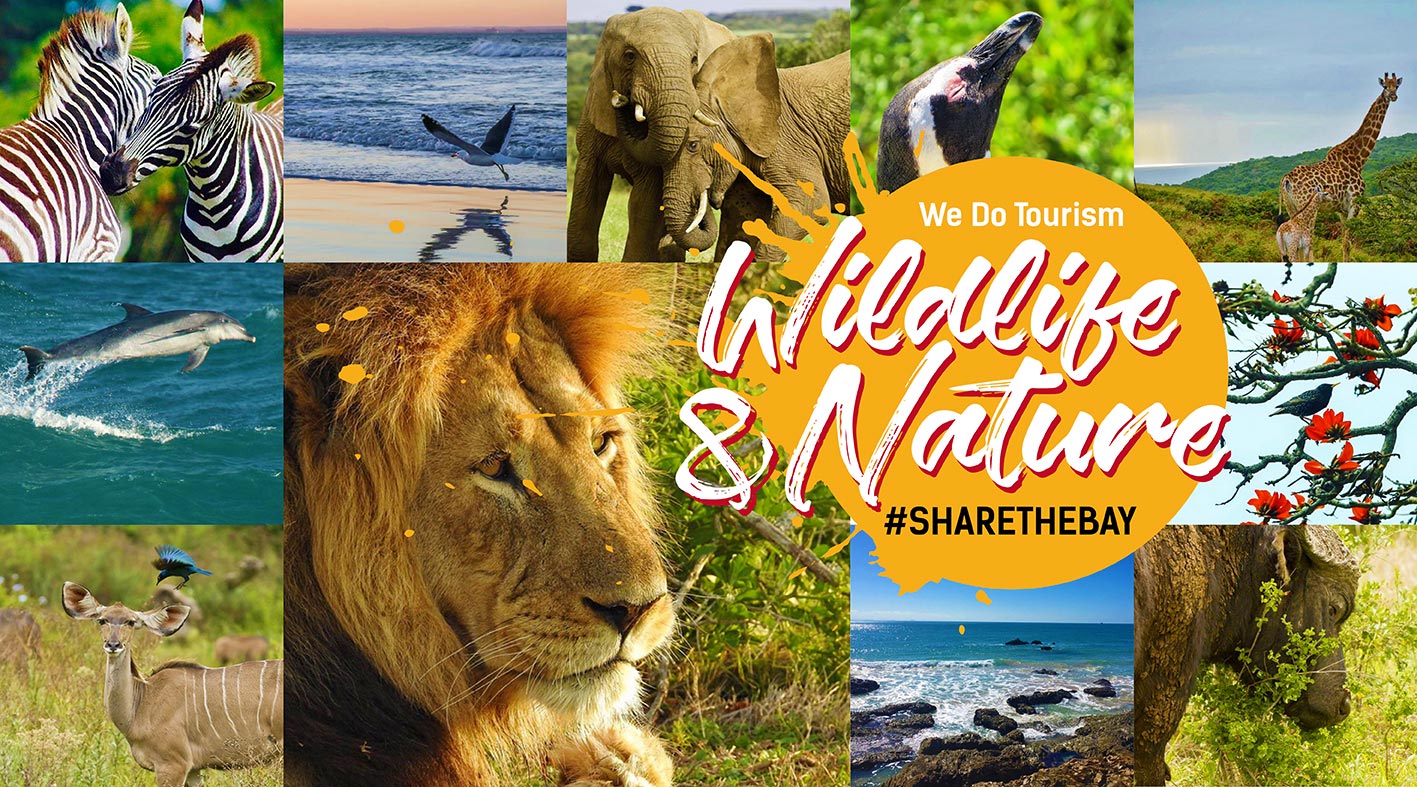
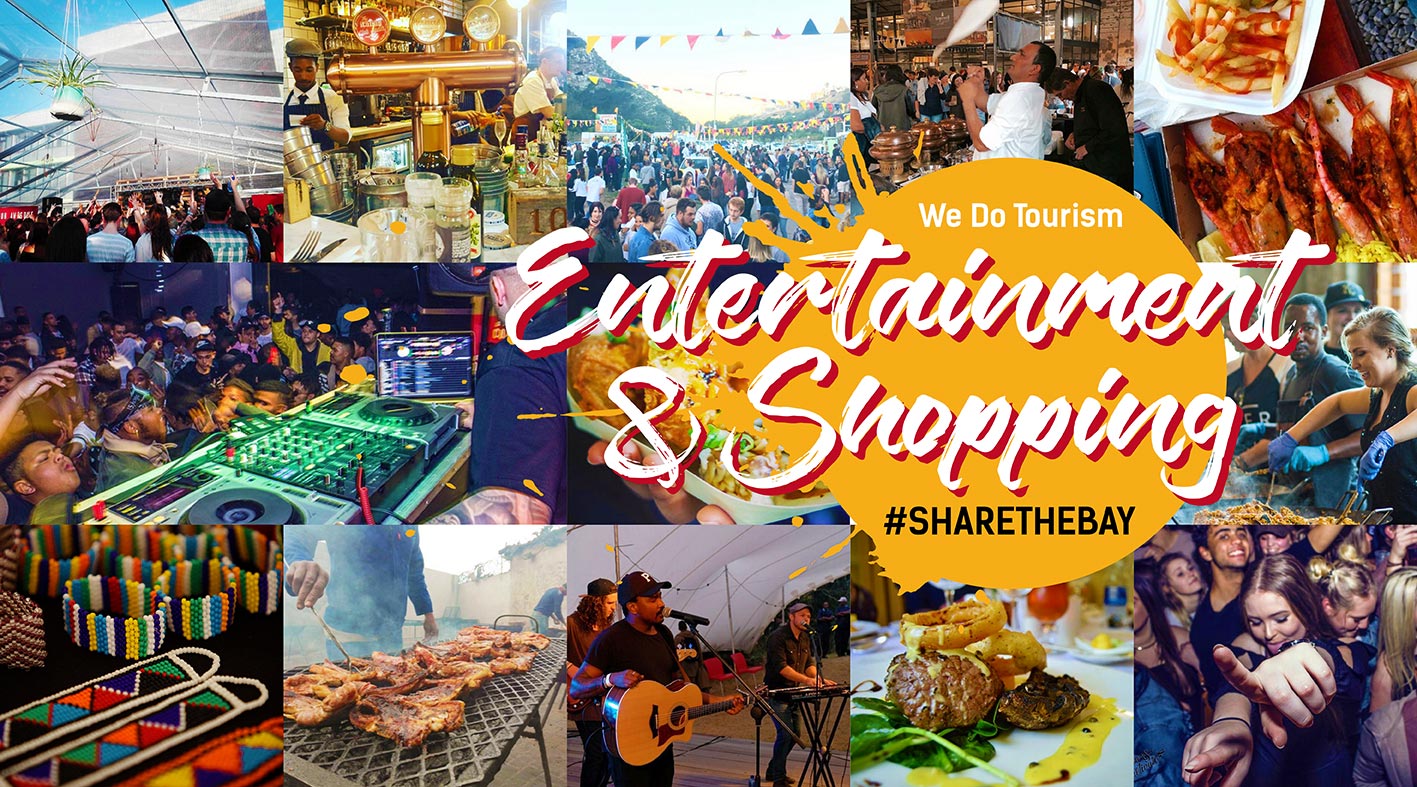
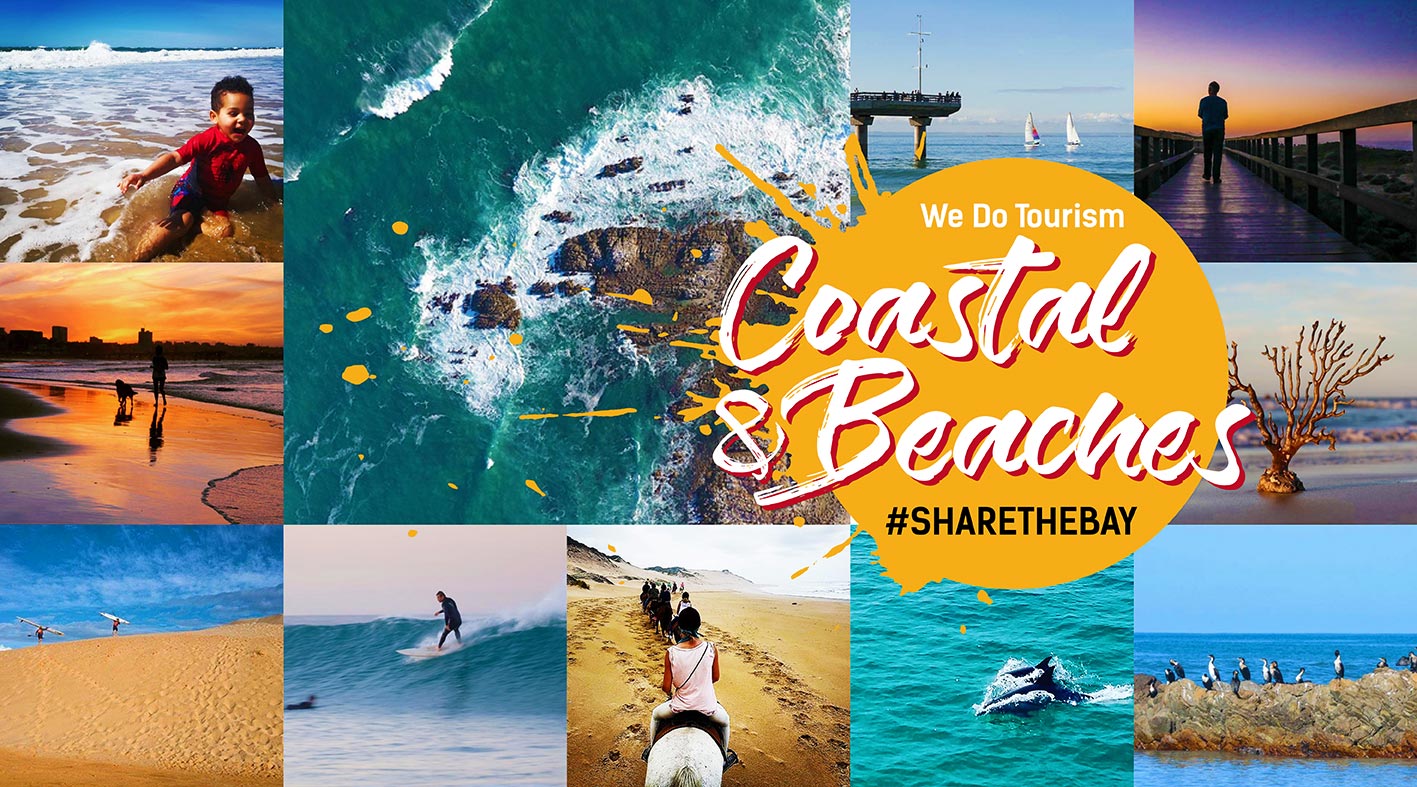
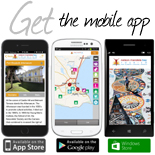

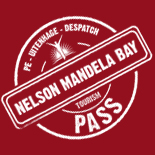
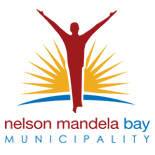
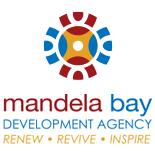
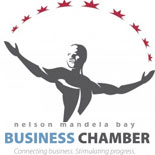
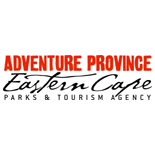
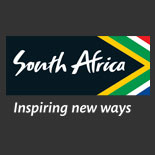
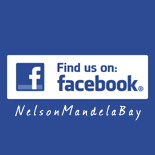
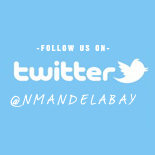


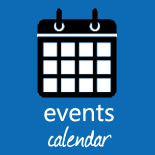
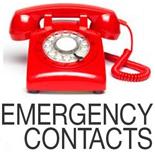
 Please wait!
Please wait!